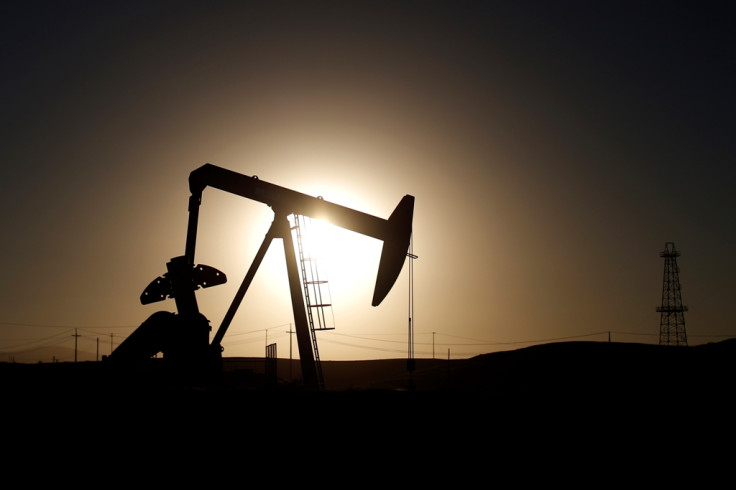OPEC fails to publish production quota, readmits Gabon

The Organization of Petroleum Exporting Countries (Opec) maintained the status quo and has failed to publish an official oil production quota, following the conclusion of its latest biannual meeting in Vienna, Austria, on 2 June.
Oil benchmarks headed lower in wake of the announcement as traders widely predicted a second successive quota stalemate, with the producers' collective repeating the stance adopted at its last meeting in December 2015.
At 2.41pm BST, the Brent front month futures contract was down 1.03% at, $49.21 per barrel, while the West Texas Intermediate was down 1.31% at $48.37 per barrel.
However, Opec did portray some semblance of calm by appointing Mohammed Sanusi Barkindo, from Nigeria, as secretary general. He succeeds Libya's Abdalla Salem El-Badri, whose tenure in office kept getting extended from 2013 onwards amid internal discord and a failure by Opec to find a compromise candidate.
It also approved Gabon's request to rejoin the organisation effective from 1 July, thereby extending its membership to 14 countries, following Indonesia's decision to return to Opec last year. Elsewhere, Opec noted that non-Opec supply "peaked during 2015 and started declining" with supply expected to further decline by 740,000 barrels per day (bpd) in 2016.
"Today, crude oil alone is lower by more than 1 million bpd from its peak at the beginning of 2015. Global demand is anticipated to expand by 1.2 million bpd after growing at 1.5 million bpd during 2015. This demand growth remains relatively healthy considering recent economic challenges and developments," an official communiqué stated.
Much of the internal tension emanates from Iran's decision to pump more oil in a bid to bump its production level up to 4 million bpd. However, Badri said Iran's position was not something Opec ministers were worked up about.
"It is not a secret that Iran wants to produce more oil. The environment within Opec is very positive and constructive. The oil market is rebalancing; the price is on an upward trajectory."
Badri also dismissed suggestions about the demise of OPEC. "For decades, first as Libya's oil minister and subsequently as Opec secretary general, I have heard numerous assertions that Opec is dead or dying. Nothing could be further from the truth.
"We are responsible holders of a third of the world's oil resources. Don't take the notion that Opec is dead."
Industry observers were unsurprised by Opec's stance. Speaking to IBTimes UK following the announcement, Jason Schenker, president of Prestige Economics, said: "The market was factoring in status quo in Vienna and that is exactly what it got.
"The stance Opec adopted has had an asymmetric impact on its members; some have coped better than others. As things stand, the outcome is decidedly bearish."
Nevertheless, the market was also looking for some semblance of solidarity, and the appointment of a new secretary general is definitely a step in the right direction, Schenker concluded.
Andy Brogan, partner and global oil and gas transaction advisory services leader at EY, noted that despite the continuing pressure from the more financially challenged members of the organisation, no consensus is yet in place for a hardline activist stance.
"This may be attributable to the view that the low price is doing its job in pushing higher costs out of the market and should be left to complete this. Alternatively, there may still be some scepticism that Opec activity would actually move the market in the context of the other issues that are impacting the oil price at the moment."
© Copyright IBTimes 2024. All rights reserved.






